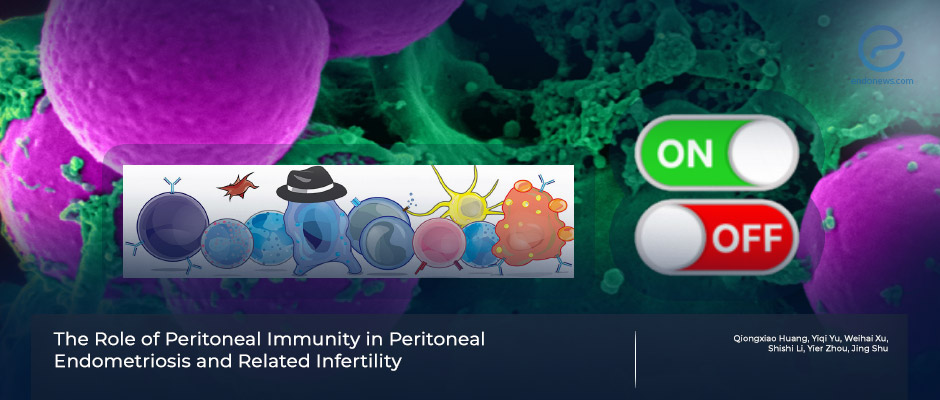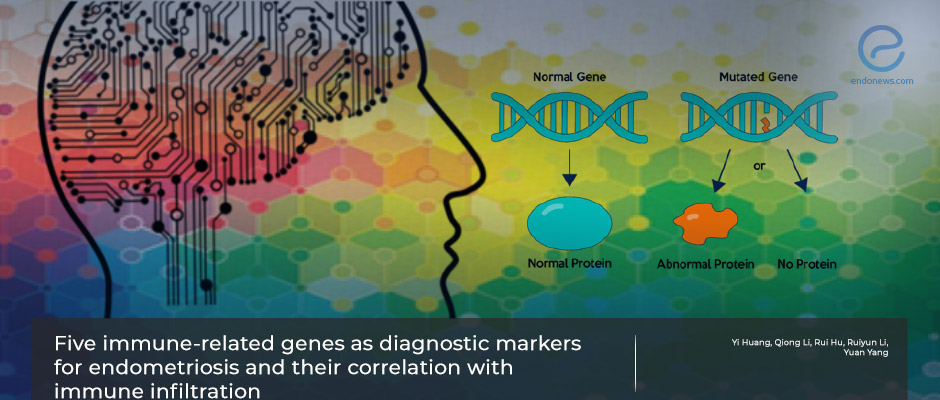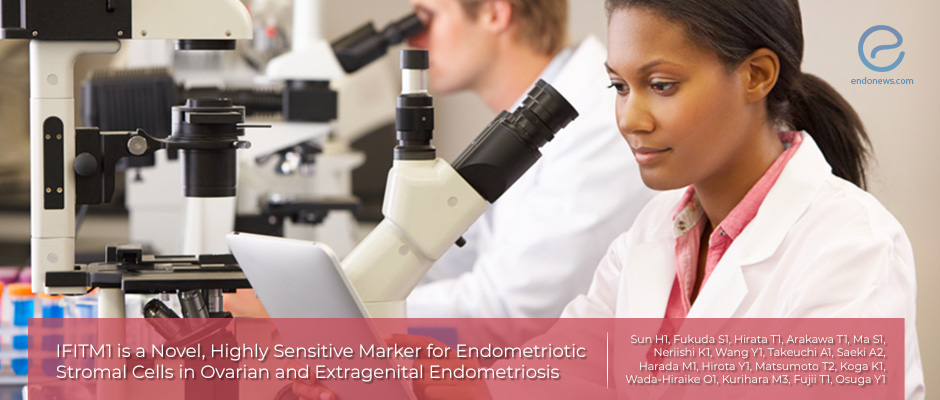Peritoneal endometriosis and Peritoneal Immunity
The peritoneum is an important immune barrier where, under normal conditions, it is balanced. External stimuli cause pro-inflammatory responses. To bring balance to this undesired situation, anti-inflammatory factors come into play. However, in patients with endometriosis, cytotoxicity of T lymphocytes,…
Key Points Lay SummaryMachine learning based potential biomarkers
To explore potential biomarkers for an accurate diagnosis and treatment, and to elucidate the mechanism of endometriosis, Yi Huang et al, analyzed gene differences between eutopic and ectopic endometrium and the status of the immune microenvironment., and published their results in the…
Key Points Lay SummaryM1 and M2 macrophages in ovarian endometriomas
Macrophages play an essential role in the immune response during inflammation and have been implicated in diseases such as inflammatory conditions and cancers. Broadly, macrophages are classified into M1 and M2. The M1 macrophages are pro-inflammatory, and in contrast, the…
Key Points Lay SummaryA highly sensitive Immunohistochemical Marker for Stromal Cells in endometriosis
Endometriosis is diagnosed histopathologically by the presence of endometrium-like tissues outside the uterus. Positive CD10 immunohistochemistry, highlighting stromal cells of the endometrium, is a useful adjunct for pathologists in the tissue diagnosis. However, CD10 expression is not specific to endometrial stromal…
Key Points Lay Summary
 By Selma Oransay
By Selma Oransay

 By Bahar Yuksel
By Bahar Yuksel

 By Yu Yu
By Yu Yu

 By Nasuhi Engin Aydin
By Nasuhi Engin Aydin